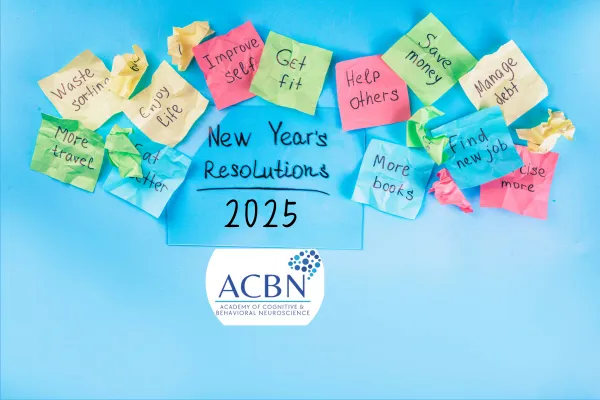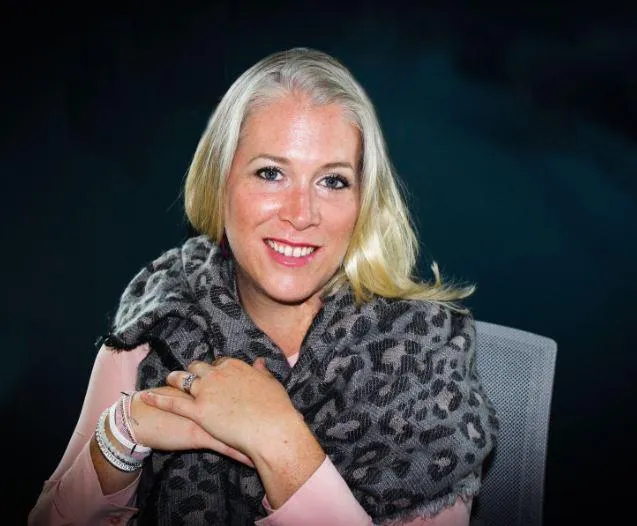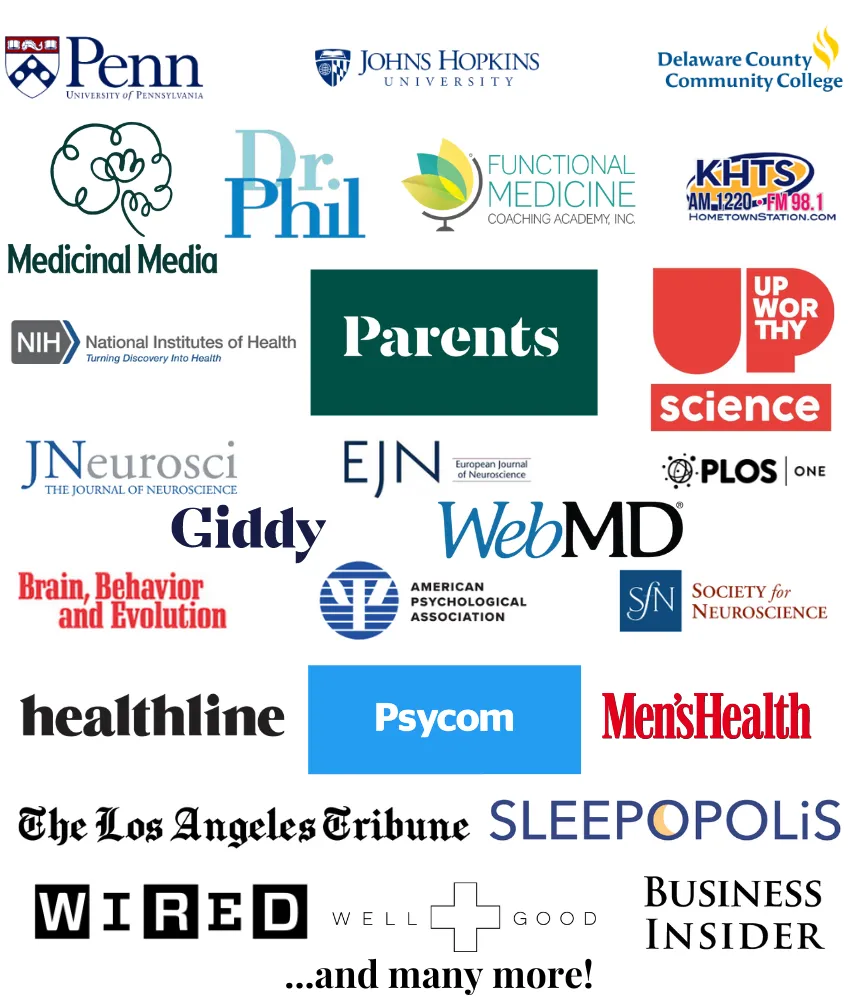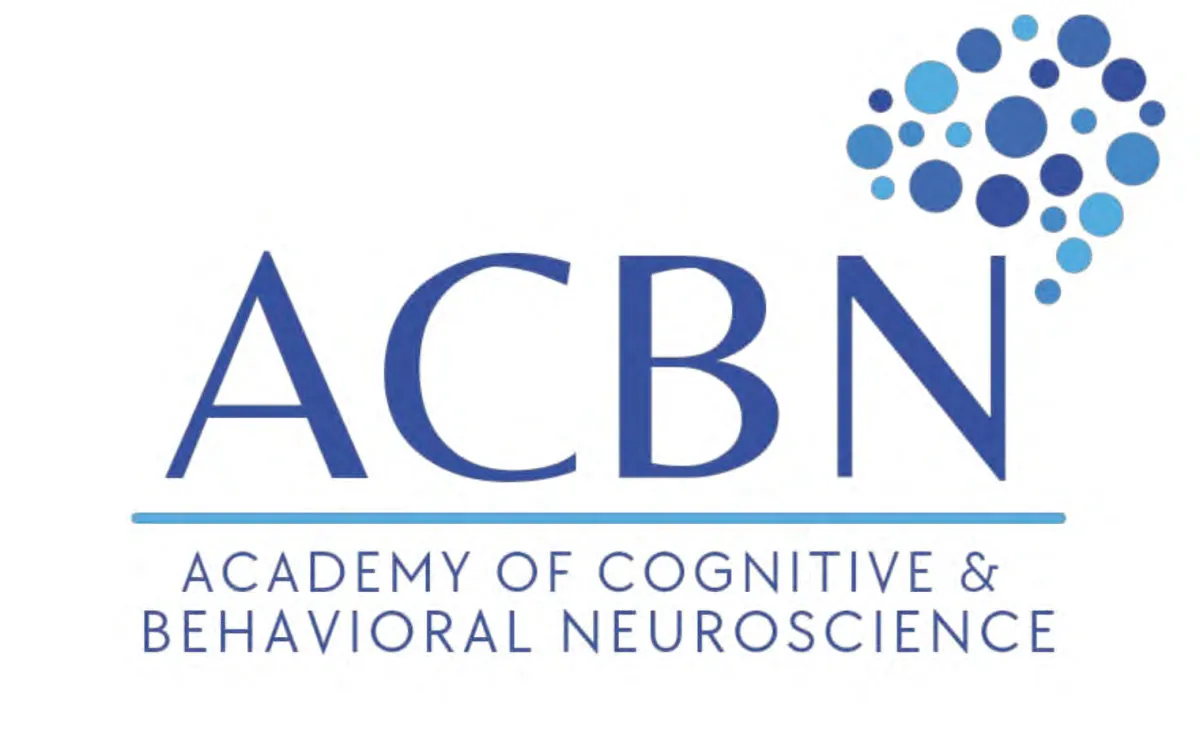
Welcome to Neuroscience Nuggets, your treasure trove of brain science knowledge designed to unlock the secrets of personal and professional growth! If you've ever been curious about the power of the brain and how it influences our thoughts, emotions, and behaviors, you're in the right place!!
Neuroscience, the captivating study of the brain and nervous system, offers a goldmine of insights to enrich our lives and those of our clients. At Neuroscience Nuggets, we're dedicated to making brain science approachable, exciting, and applicable in all aspects of your journey. Whether you're seeking to nurture your own well-being or enhance your professional practices, our nuggets of wisdom will equip you with practical tips, strategies, and evidence-based approaches to empower yourself and your clients.
Join us as we embark on an exhilarating adventure into the realm of neuroplasticity—the brain's remarkable ability to change and adapt. Together, we'll explore how harnessing neuroscience can lead to personal fulfillment, enrich your relationships, and supercharge your professional impact. So, grab your pickaxe and get ready to dig deep into the world of neuroscience nuggets. Let's unlock the untapped potential of the brain and unearth the pathways to personal and professional growth together. 🌱🌟

The Science of Resolutions: Building Healthy Habits That Stick
Introduction:
Before the whirlwind of the new year takes over, I wanted to share something I’ve been working on. One of my students, who’s also a fitness coach, recently reached out with a thoughtful question: How can she help her clients stick to their New Year’s resolutions? Around the same time, a writer for the popular Lose It! app approached me with similar questions about stress management, weight loss, and sustainable habit formation.
These conversations inspired me to dive into the neuroscience of resolutions and share actionable, science-backed tips in this latest blog.
Here’s why I wrote it: Like so many of us, I’ve set big resolutions only to feel frustrated when they didn’t stick. But as a neuroscientist and psychology professor (and a busy mom!), I know that understanding how the brain works can make all the difference. Keep reading!
~Dr. Hayley Nelson
The Science of Resolutions: Building Healthy Habits That Stick
As a neuroscientist and psychology professor, I’m often asked about making healthy habits last. Recently, one of my students—a wellness professional and fitness coach—reached out with some thoughtful questions. She wanted to better support her clients who were navigating common goals like weight loss, stress management, and sustainable habit formation in the new year. In addition, I was also approached by a writer to provide quotes on similar topics to appear in the popular Lose It! website and app, so I know this topic is worth delving into!
These questions by my student and the writer got me thinking, especially now as we just entered a new year and countless people make New Years Resolutions: How often do we set big resolutions, only to feel defeated a few weeks later? The truth is, with the right tools and understanding of how the brain works, you can set yourself up for long-term success! Here’s how I answered their questions and how you can apply these insights to your own goals.
Turning “Reduce Stress” Into Tangible Habits
My student shared a client’s resolution to “reduce stress.” It’s a noble goal, but it’s vague—and vague goals are tough for the brain to act on. Neuroscience tells us that creating lasting habits requires clarity and repetition, which help strengthen neural connections in the brain.
We brainstormed ways to make “reduce stress” more actionable. Here are two strategies I suggested:
Daily Mindfulness Practice: I recommended her client start with 10 minutes of meditation each morning. Studies show that mindfulness can reduce cortisol, the stress hormone, and increase activity in the prefrontal cortex, which helps regulate emotions. For beginners, apps like Headspace or Calm can guide them through simple exercises.
Movement in Nature: A brisk 15-minute walk outside doesn’t just calm the mind; it also releases dopamine, the brain’s “reward” chemical, and boosts serotonin, which improves mood. Walking in nature has even been shown to decrease activity in the brain’s default mode network, which is linked to repetitive, negative thinking.
By focusing on small, specific actions, her client could build habits that gradually transform their stress levels.
Realistic Weight Loss Goals That Work
Weight loss is another area where my student wanted guidance. Her clients often set goals like “lose 20 pounds,” which can feel overwhelming and unattainable. I encouraged her to help them focus on smaller, actionable changes that would lead to big results over time.
Here are two ideas we discussed:
Simple Food Swaps: Rather than overhauling their entire diet, I suggested starting with one change, like swapping out sugary sodas for sparkling water or replacing processed snacks with fresh fruit. Research shows that consistent small changes can rewire the brain’s reward system, making healthier choices feel just as satisfying as indulgent ones.
Micro Workouts: Aiming for just 15 minutes of exercise a day can create a dopamine feedback loop. For example, starting with a short home workout or a quick jog can build momentum. As clients experience the mental clarity and energy boost from these sessions, they’re more likely to want to do more.
Small, consistent actions not only lead to sustainable weight loss but also help build confidence and motivation along the way.
Avoiding Common Pitfalls
We also discussed what not to do when setting resolutions. Many people inadvertently sabotage their efforts by:
Falling Into the Perfectionism Trap: Missing a workout or having an off day isn’t a failure—it’s part of the process. Neuroscience shows that the brain learns through trial and error, so every stumble is an opportunity to adjust and grow.
Setting Overwhelming Goals: Goals that feel too big or abstract can overwhelm the brain’s decision-making center. Breaking them down into manageable steps makes them more achievable.
Relying Solely on Willpower: Willpower is a finite resource. Creating systems, like prepping meals in advance or scheduling workouts, reduces decision fatigue and helps habits stick.
I reminded my student to help her clients focus on progress, not perfection, and to celebrate every small victory along the way.
Building Everyday Healthy Habits
Finally, we tackled the big question: How can her clients turn resolutions into habits that last? Here’s the advice I shared:
Tie Goals to Emotionally Meaningful Reasons: The “why” behind a goal matters. For example, instead of wanting to “look good in a bikini,” a client could focus on how great they’ll feel running around with their kids this summer without getting winded. Emotional reasons are more motivating because they engage the brain’s limbic system.
Start Small: The brain thrives on small, achievable wins. Encourage clients to focus on one new habit at a time, like drinking a glass of water first thing in the morning or stretching for five minutes before bed.
Track Progress: Tools like habit trackers or journals can reinforce positive behaviors. Seeing progress, no matter how small, releases dopamine and keeps motivation high.
Plan for Setbacks: Life is unpredictable. Having a backup plan—like an indoor workout routine for rainy days—ensures clients stay on track without feeling derailed.
By the end of our conversation, my student felt equipped with practical tools and neuroscience-backed strategies to help her clients.
You Can Become a Neuroscience Expert Too
This exchange reminded me why I love teaching. Understanding how the brain works allows us to set better goals and create lasting habits—not just for ourselves, but for those we support.
If you’re passionate about helping others achieve their potential, why not take the next step?
I’d love to help:
Hire me as a consultant if you want personalized guidance or strategies for your team or program.
Get certified in cognitive and behavioral neuroscience through our Academy and become an expert in helping others build lasting habits.
Our certification programs at the Academy of Cognitive and Behavioral Neuroscience are designed to empower professionals like you with the tools and knowledge to transform lives.
👉 Learn more and register today: https://www.academyofneuro.com/certifications
Let’s make this the year of meaningful change—for you, your clients, and your community!

Meet Your Blogger
Dr. Hayley Nelson earned her PhD in Psychological and Brain Sciences from The Johns Hopkins University, is a tenured professor of Psychology in the Philadelphia area, and is an international speaker. She has over 20 years of teaching experience with students from diverse backgrounds, has several peer-reviewed research publications and previous research and faculty appointments with The National Institutes of Health, The Johns Hopkins University, and The University of Pennsylvania.
If the idea of learning about the brain and neuroscience feels overwhelming and intimidating, Dr. Hayley is the perfect neuroscientist for you. She's a busy mom of 2 with a great sense of humor, and she prioritizes bringing some fun and compassion to a field that can feel a little "hardcore". You can expect lots of real world experiences and examples and an open, caring learning environment where there are no stupid questions. Listening to one of Dr. Hayley's discussions feels more like a conversation with a family member (a really smart family member).
By creating the Academy of Cognitive and Behavioral Neuroscience, Dr. Hayley Nelson combined her knowledge of the human mind and brain health with her passion for education, teaching, and consulting to truly make neuroscience approachable. Her students learn easy-to-swallow knowledge of how the brain works in real-life situations and are armed with an education in a subject they can use literally every single day. Not only that, they gain the power to serve their clients better and create an environment for their communities to thrive.
Dr. Hayley's Featured Contributions, Publications, and
Faculty & Research Appointments

With a Certification in Cognitive & Behavioral Neuroscience, you will gain the confidence to speak with authority about HOW & WHY what you teach your clients actually works.
Neuroscience feels intimidating, and perhaps you've always thought that you're not positioned to be an authority on the science behind what's happening in your client's brain. Dr. Hayley Nelson founded the Academy of Cognitive & Behavioral Neuroscience, and she designed this Certificate Program with one goal in mind:
To make neuroscience approachable for professionals who want to distinguish themselves from others in their field with a unique and comprehensive understanding of the latest research and innovative techniques in neuroscience, and earn a highly respected certification in cognitive and behavioral neuroscience that sets them apart as a true expert in their field.
After completion of the certificate, students will uncover a newfound sense of confidence and neuroscience knowledge, will stand out in their industry by offering something unique to their clients, gain credibility, better serve their existing clients, and be positioned to take on more clients best suited for their programs.
Have questions about the Certification Programs from Dr. Hayley and
The Academy of Cognitive and Behavioral Neuroscience (ACBN)?
Want to book a 1-on-1 Office Hour consultation with Dr. Hayley?
Want to See What it's Like to Learn from Dr. Hayley?
Want to Stay in the Loop with Dr. Hayley and ACBN?
Connect directly with Dr. Hayley!
Click the blue chat bubble in the right-hand corner of the screen to get in touch with me, or connect with me on social media.





